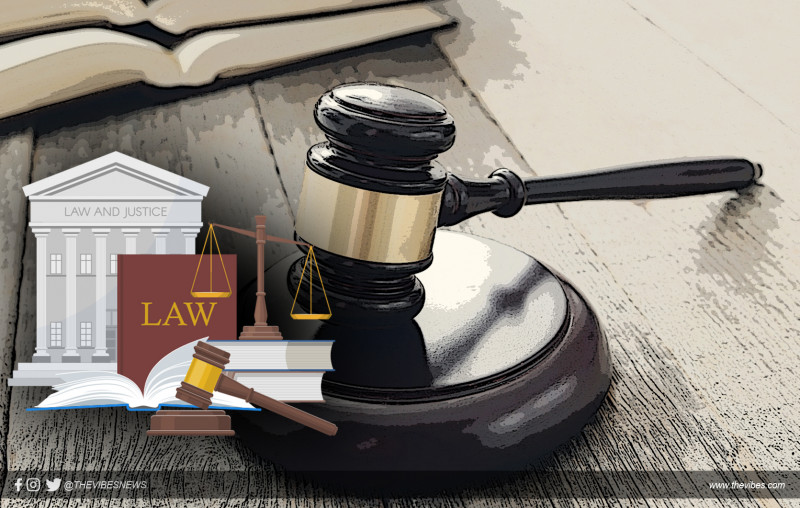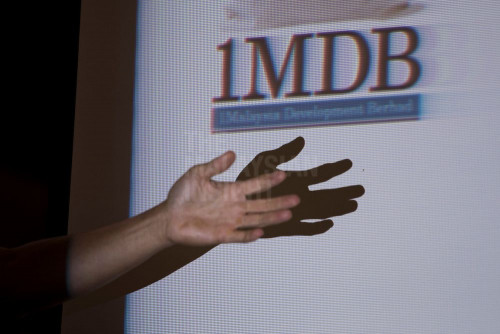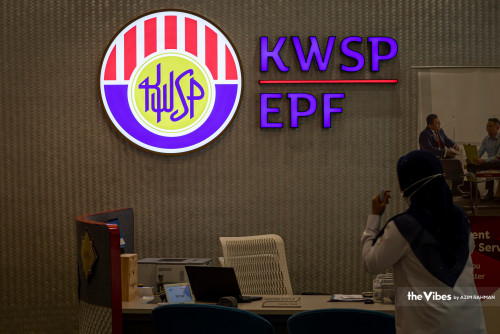“Justice is merely incidental to law and order” – J. Edgar Hoover
THE NEWS media often report about court cases involving decisions and sentences pronounced by the honourable courts, and in some instances these judgments spiral into debates and spill over into the realm of public sphere through various platforms such as social media or written opinions on whether justice has been dispensed with fairness based on the judgments pronounced.
However, whilst people are free to render their views and opinions on these judgments, it is pivotal that in doing so they should first possess a full understanding on the facts and evidence of a particular case to appreciate the reasons and substance of the judgment in that as to why the courts had arrived at such a conclusion.
Often, I hear of people criticising or at times approving the decisions reached by the courts, but their views and beliefs are predominantly premised on news reports and not based on the courts’ comprehensive written judgments.
In this respect, it is pivotal that that the media must have a full understanding and be able to grasp and capture the essence of a particular judgment as they act as an intermediary between the public and the legal administration, and additionally to ensure that the people’s confidence pertaining to the administration of justice is not eroded.
Undoubtedly, the press plays an important role in reporting cases of interest, and as said by the 19th century English philosopher Jeremy Bentham and quoted in the case of A.G. (Nova Scotia) v MacIntyre [1982] per Dickson J: “Where there is no publicity there is no justice. Publicity is the very soul of justice. It is the keenest spur to extortion and the surest of all guards against improbity. It keeps the judge himself while trying under trial.”
Are law and justice same?
Essentially, when a decision is pronounced by the court and is widely reported, inevitably the debate that surrounds the particular decision revolves around whether the law in its application was just and fair.
It is human nature for people to differ on the outcome of a particular judgment as their views are based on their beliefs and interpretation of the law, system of justice and understanding of fairness. Whenever a decision is not in favour of one party’s belief or understanding that party may allege that justice only begins when the law ends.
However, at times their views are not based on the complete grounds of judgment by the court but merely predicated on media reports.
Undoubtedly the press cannot be expected to reproduce the entire judgment in its report but only excerpts of it, and in some instances what was said in court.
Since the time of Plato, both political and legal theorists have had to grapple whether law and justice are the same or is justice merely a moral pronouncement of the law, and whether justice is just the result or consequence of a judgment based on the law.
It must be appreciated that the law is simply a structure of written rules and regulations enacted by Parliament in order for governments to maintain social and public order in society.
Justice, on the other hand, is an abstract conceptualisation founded upon equality and fairness. Accordingly, all laws must be enacted and implemented on the notion of equality and fairness.
The 4th century theologian and philosopher Augustine of Hippo said, “for I think a law that is not just, is not actually a law.“
Every case is unique
In administering justice, the courts have always had equality and fairness at the forefront in that benefits or burdens will be dispensed equally through their judgments based on the rule of law.
Nevertheless, we have seen many debates or dissatisfaction expressed when judgments pronounced are widely reported by the media that there appears to be no justice or fairness deliberated when pronouncing judgments based on the law.
In this regard, all is not lost as any aggrieved party directly affected and dissatisfied by the pronouncement of a particular judgment is at liberty to appeal a decision that appears to be unequal or unfair to him.
It must be understood that the courts, in attempting to arrive at a fair and just decision, will have to consider a myriad of factors and circumstances as each case turns and is determined on its own peculiar facts and circumstances which are not usually or readily within the knowledge of the general public.
Additionally, the courts in administering the law would also have to consider the kinds of justice that have to be dispensed, depending on the nature of each case, such as retributive justice, compensatory justice, distributive justice, or deterrent justice.
Whilst there are many case precedents to guide the courts in arriving at an equal and fair decision so as to do justice, these precedents are only applicable if the facts are the same or similar, as the court in exercising its judicial function exercises its discretion based on the facts of each case before it and applies the law accordingly to those particular facts before the court.
Every case is unique in its nature and circumstances. Hence, we should not readily criticise on a particular judgment that justice was not done or seen to be done as it is somewhat difficult to put a precise description on justice, as justice in itself is not a concept that is static but is constantly evolving to ensure equality and fairness in tandem with the evolution of humans and society as a whole.
What was considered unacceptable a decade ago has now become acceptable or admissible to society.
Justice therefore could be considered an ideal that is in existence but necessarily evolves and thrive to survive as a result of circumstances created by society and changing times.
It is often misunderstood that the notion of law and justice are the same when in reality they differ in that they are not only connected and intertwined but operate differently.
Whilst laws can be repealed or modified, justice remains universal, and justice can only operate when the rule of law is applied correctly, albeit based on the facts and evidence of each case.
Essentially the rule of law is a way to get justice and the legal administration is not tasked or responsible to ensure everyone is happy by its pronouncement of judgments, but merely to be equal and fair based on the facts and circumstances of each case as it unfolds and is presented before the courts.
In this sense, whilst it is reasonable to accept comments and views on a judgment pronounced by the court based on a media report, such comments equally ought to be just and fair as justice is not just based on the law, but justice also means the ability to judge anything, including court judgments with rightness, fairness, equality and without reference to one’s personal feelings. – The Vibes, January 9, 2024
Datuk Seri Rajan Navaratnam is a senior advocate and writes often on issues of law for the benefit of the general public.






_Cloud_Day_-_AZIM_RAHMAN_11.jpg)















